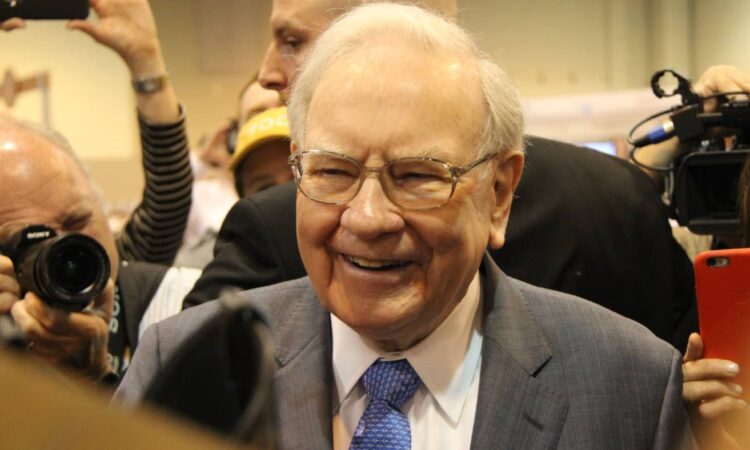

Image source: The Motley Fool
Looking for bargain shares to buy and hold now could help me build my wealth in future. But when doing so it can be easy to make mistakes that might turn out to be costly. So I look to learn from investing legends like billionaire Warren Buffett.
Here are three questions I always ask myself when assessing cheap shares, based on Buffett’s wisdom.
1. Owning a whole business
Some people look at shares as individual pieces of paper with numbers attached. They ask whether a share might sell for more or less in a couple of weeks than they pay for it now.
But that is trading not investing. As a long-term investor, I follow Buffett in trying to invest for the long term rather than trade for the short term.
Whether buying a whole business, or simply buying shares in a company, Buffett asks whether he would be happy to own the whole business. He sees a share as a stake in a business.
I think that can be a helpful framework as an investor.
For example, on some metrics, cleaning products manufacturer McBride looks like good value, in my opinion. But in a time of high inflation and tough pricing completion from supermarkets, would I want to own a business producing private label detergents? Not really. So I would not add McBride shares to my portfolio either.
2. Buying to hold
As a long-term investor, I also find Warren Buffett’s views on long-term investing helpful.
He says that, unless someone is willing to hold a share for 10 years, he should not buy it for 10 minutes.
In practice, circumstances may mean that I buy a share today and end up holding it for a shorter time than I anticipate.
But I still find that Buffett-inspired question a useful one. At the point I buy a share, can I imagine holding it for 10 years, or more? If not, owning it at all may well not fit with my buy-and-hold investment strategy.
3. Future changes
Some companies are real bargains. Others seem cheap, but it turns out that their apparently low valuation reflects other investors cottoning on to potentially dim future prospects.
Early in his career, Buffett invested in several businesses that looked cheap, based on historical financial performance, but turned out to be expensive given how they actually ended up performing.
I think asking what might happen to change a business’s performance is a good question when valuing shares. A business does not have to have a brilliant future to make a solid investment. But what is important is basing valuations on what I think a firm might realistically achieve in the future, not just how it has done in the past.
Learning from Buffett
None of those questions may seem like rocket science.
But why complicate things unnecessarily? Buffett has had a phenomenally successful investing career trying to make things less not more complicated. I can use some powerful lessons from his career for free when it comes to my own investment decisions.






